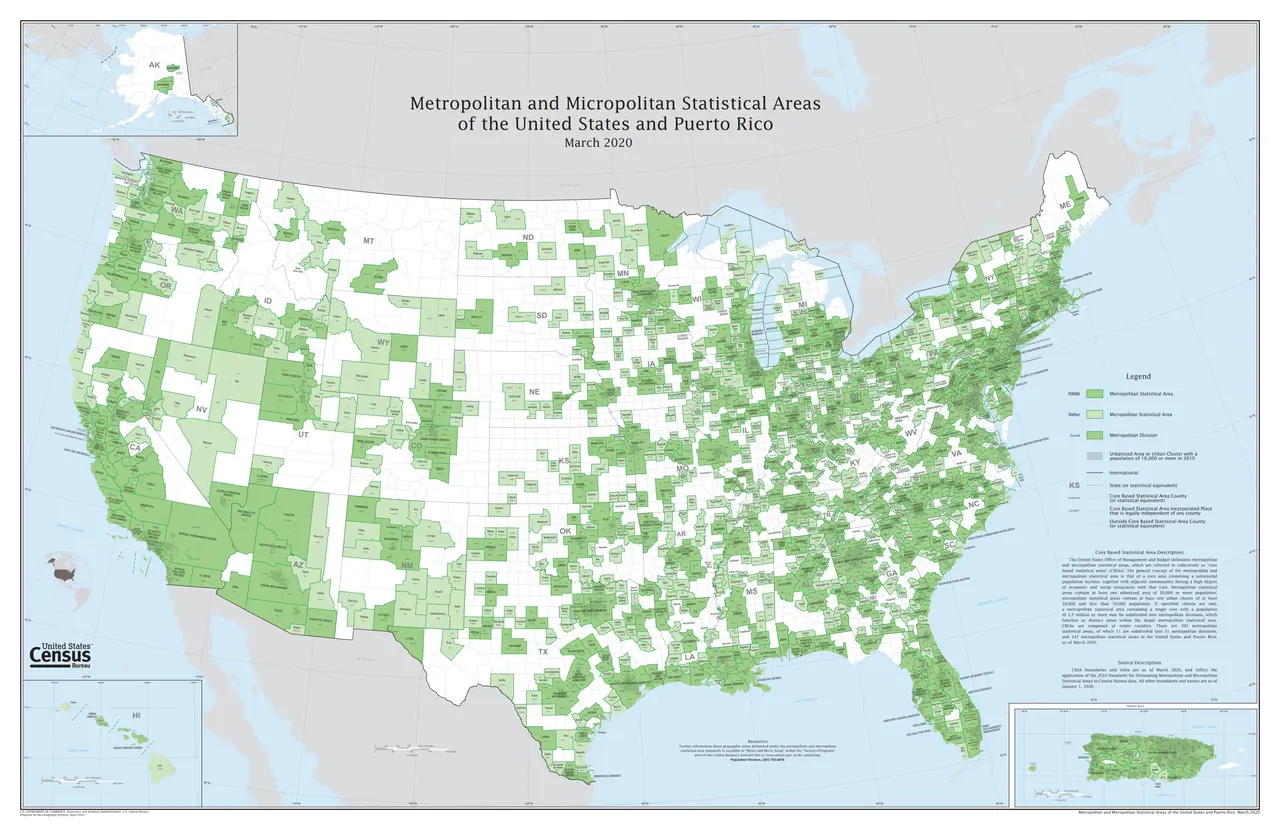

For cost per user, it’s only 3 cents. A few others are around 10 cents per user, and the rest are significantly higher.
The instances with lower total cost also have much lower activity, lemmy.ml has 2.4k active users but still only 80€ per month. Impressive.






It’s possible to turn off local community creation, image uploads, etc.
Lemmy.myserv.one doesn’t host any local content but you can easily browse the rest of the fediverse. Having a diversity of server sizes and formats is definitely a benefit of Lemmy that we should be trying to take advantage of.